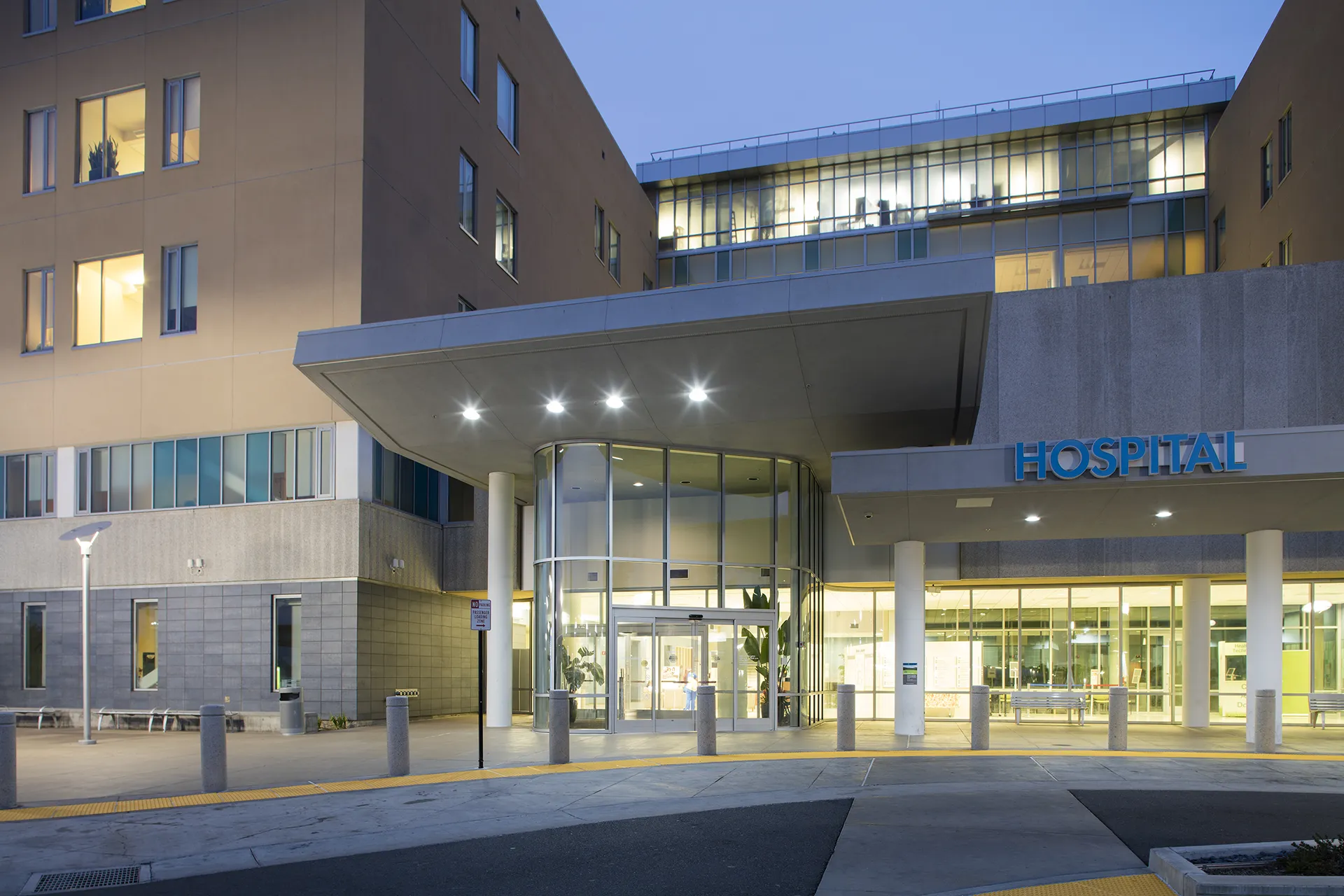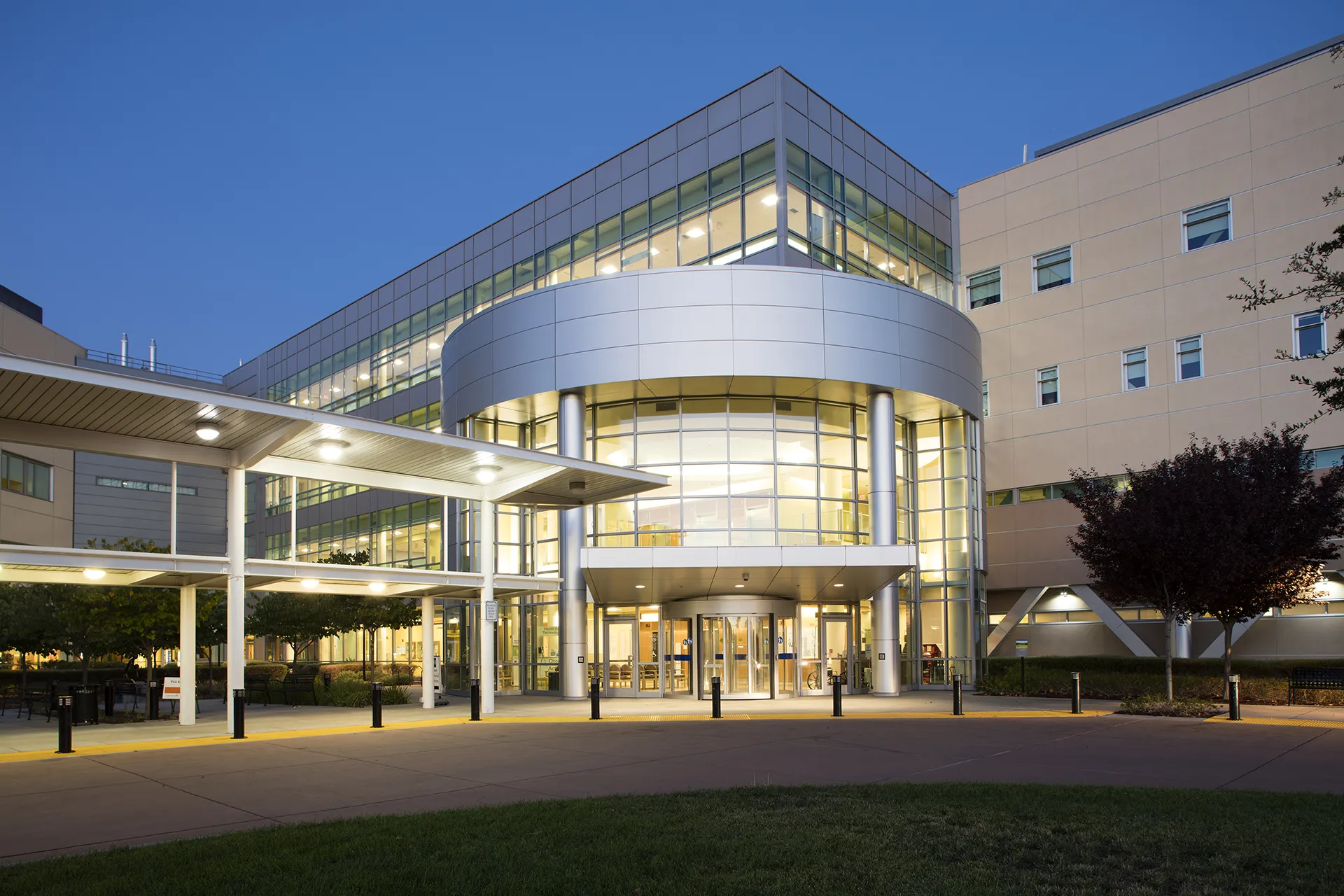Associate Post Master’s Mental Health Fellowship – Vacaville


The cities of Vacaville and Fairfield are located approximately 35-55 miles between Sacramento and San Francisco and about 2 hours away from Lake Tahoe and the Sierra Nevada Mountains. Both cities are located in Solano County, which neighbors Napa county and the wine country—just a short 20 minute drive away. The city of Fairfield is the county seat with a population of approximately 120,000. It is the home of Travis Air Force Base and the headquarters of the Jelly Belly candy company. Vacaville, with over 100,000 residents, is bordered by rolling hillsides, fruit orchards and fertile farmland. At one time Vacaville was the fresh fruit capital of California. Today it is one of the fastest growing communities in the Bay Area and has become a home to biotechnology and pharmaceutical companies.
Kaiser Permanente Napa Solano, first established in Vallejo in 1945, has steadily grown to serve 312,000 members, spanning an area stretching from the Carquinez Bridge, north to Vacaville and Dixon, and through the Napa Valley to Calistoga.
Solano County is diverse in terms of racial and ethnic identities with large populations of Filipinx, Latinx, and African American clients who utilize our services. The Kaiser Vacaville Medical Center was opened in 2009 and provides comprehensive medical services in addition to being the county’s only Level II trauma center and the home of a specialty neurosurgery center. Psychiatry services are located within the Vacaville Medical Center and in a Mental Health and Wellness Center opened in Fairfield in 2019.
Program Curriculum
Equity, Inclusion & Diversity
Between the two clinics, we serve approximately 150,000 Kaiser Permanente members including a significant portion of Medi-Cal patients. Solano County is extremely diverse in terms of socioeconomics and racial and ethnic identities, with large populations of Filipinx, Latinx, and African American clients who utilize our services.
The communities we serve include a large fraction of suburban commuters into the larger nearby Bay Area cities, alongside a large fraction of residents from smaller rural nearby towns. Because of this, diversity is a focus in our training, including a weekly Group Supervision, as well as of staff meetings and professional education. Staff clinicians and trainees are encouraged to develop specialized treatments for underserved and oppressed populations in our community (e.g., African-American Support Group, Women’s Empowerment Group, Support Groups for LGBT Young Adults, and Spanish Language Clinic).
Didactic Training
Fellows attend multiple didactic trainings, including two hours per week of clinical and professional workshops coordinated by the regional Mental Health Training Program, Monthly EID Forum Speakers, and periodic workshops by national experts in evidence- based clinical interventions. Fellows also have access to the Mental Health Training Program’s Continuing Education Lecture Library, which includes presentations by renowned speakers such Kristen Neff on Self-Compassion, Bessel van der Kolk on Trauma and PTSD Relief, and Kenneth Hardy on Racially Sensitive Supervision.
Seminars and Meetings
Fellows participate fully in the ongoing staff development program of the clinics, including staff meetings, Feedback Informed Care and Case Consultation and ongoing professional education.
Supervision
All fellows are provided with two hours of weekly individual supervision with a primary and secondary supervisor, and two additional hours of weekly group supervision.
The primary and secondary supervisor is responsible for supervising the direct delivery of clinical services. This supervisor takes the lead role in monitoring the fellow’s progress, providing feedback on strengths and areas in need of further development, ensuring effective and safe patient care, adequate documentation, and evaluating training schedules.
Group supervision includes opportunities for fellows to present and discuss cases. Fellows learn how to address treatment through a cultural framework including ethnicity, language, age, gender and sexual identity. Group supervision allows for vicarious learning, practice with professional public clinical presentations, and learning how to give and receive feedback.
Community Partnership Program
Reflecting Kaiser Permanente’s core commitment to mental health and wellness in our communities, each trainee will spend at least 32 hours during their training year on a Community Partnership Project that focuses on improving mental health in the local community beyond our Kaiser Permanente members. Most recently our partnerships have been with Trinity Center, Dozier Libbey Medical High School, KP Launch Summer Internship. Other local opportunities available.
The goal of these projects is to provide outreach to underserved populations in the community to promote healthy behaviors. Training Objectives include developing acquaintance with the tenets of Community Psychology, as well as gaining experience in community outreach, and the development of partnerships within internal and external systems.
Tracks and Rotations
Adult
Fellows will have the opportunity to participate in the following rotations based on interest, training and availability:
• Eating Disorders Program
• Gender Care Program
• Hospital Based Consult/Liaison Services
• Adult Intensive Outpatient Program
• Trauma Treatment Track
Fellows will shadow and co-facilitate a variety of treatment groups offered in the Adult clinic, including:
- anxiety and depression management
- DBT
- treatment of bipolar disorders
- eating disorders
- trauma, including opportunities to learn and participate in CPT groups
All Fellows will have a core caseload of adult (age 18-80+) patients presenting with clinical symptoms that have a medical necessity for treatment. Among the most common conditions Fellows will be assigned to treat are mood disorders, anxiety disorders, and trauma and stressor related disorders.
Fellows will be expected to learn and utilize evidence-based psychological interventions that have been shown to effectively reduce psychiatric symptoms in a timely manner. These include such interventions as: Cognitive Behavioral Therapy (CBT), The Unified Protocol (UP), Acceptance & Commitment Therapy (ACT), Dialectical Behavior Therapy (DBT), Cognitive Processing Therapy (CPT), Prolonged Exposure (PE)Interpersonal Therapy (IPT), Motivational Interviewing (MI), and others.
A full caseload for a Fellow will be 20 total patient care hours per week, comprising individual patients and group appointments in both the Adult and Child/Family Tracks. In general, Fellows can expect to have 2-3 Intakes, 1-2 groups and 14-16 return individual appointments per week.
Child & Family
Fellows will have the opportunity to participate in the following rotations based on interest, training, and availability:
• Eating Disorders Program
• Gender Care Program
• Hospital Based Consult/Liaison Services
• Teen Intensive Outpatient Program
Fellows will shadow and co-facilitate a variety of treatment groups in the Child/Family Track for preschool, elementary school, middle school and high school aged patients. as well as multifamily groups to address anxiety, depression, adjustments to change, eating disorders, and trauma.
All Fellows will have a core caseload of child and adolescent patients presenting with clinical symptoms that have a medical necessity for treatment. Among the most common conditions Fellows will be assigned to treat are mood disorders, anxiety disorders and trauma and stressor related disorders, behavior problems, and eating disorders.
Fellows will be expected to learn and utilize evidence-based psychological interventions that have been shown to effectively reduce psychiatric symptoms in a timely manner. These include such interventions as: Cognitive Behavioral Therapy (CBT), Dialectical Behavior Therapy (DBT), Behavioral Therapy; Interpersonal Therapy (IPT), Motivational Interviewing (MI), and others.
A full caseload for a Fellow will be 20 total patient care hours per week, comprising individual patients and group appointments in both the Adult and Child/Family Tracks. In general, Fellows can expect to have 2-3 Intakes, 1-2 groups and 14-16 return individual appointments per week
Schedule
- Direct Patient Care: 20 hours
- Individual Supervision: 2 hours
- Group Supervision – Case Colloquy: 1 hour
- Group Supervision – Diversity: 1 hour
- Didactic Training: 2 hours
- Feedback Informed Care and Case Consultation: 1 hour
- Remaining 12 hours per week will consist of indirect patient care (i.e., documentation, team meetings, community project, etc.)
- Community Benefit Project: 32 hours/per year
- Schedule is Monday – Friday and will include at least one evening. Fellows will work at least two days per week in-clinic.
Program Graduates
2022 Cohort
| Graduate | University/Institute | Track/Specialty Rotation | Current Position, Specialty & Location |
|---|---|---|---|
| Nikki Lowe | UC Berkely School of Social Work | Adult and Child & Family Team | Outpatient Psychiatry, Child & Family Team, Kaiser Permanente Vallejo |
